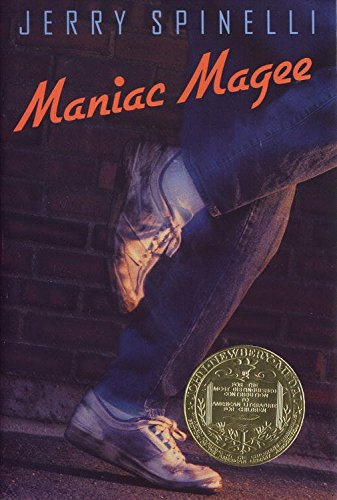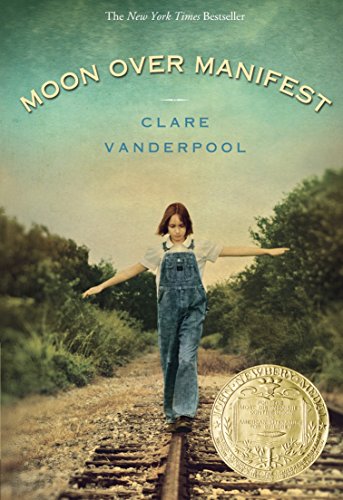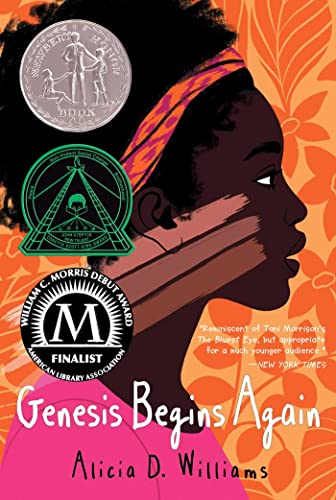Maniac Magee
Jerry Spinelli (J Fiction)
They say Maniac Magee was born in a dump. They say his stomach was a cereal box and his heart a sofa spring. They say he kept an eight-inch cockroach on a leash and that rats stood guard over him while he slept. They say.
In a world where it’s hard to tell what’s real, slight exaggeration, or utter nonsense, one thing that’s undeniably true is that the boy known as Maniac is a straight-up legend. This scraggly orphan with the blown-out sneakers does more than just rescue Arnold Jones from Finsterwald’s backyard, runs along the steel rail of the railroad tracks, sleeps alongside a baby buffalo, and scores an inside-the-park homerun by bunting a frogball. No, sirree. This mythological marvel did what few would even think—nay—dare to do and that’s take on that foul and odious beast separating East End from West End in Two Mills, Pennsylvania. What beast would that be you ask? Racism.
It’s no wonder why Jerry Spinelli’s book received the highest honor in children’s literature—the John Newbery Medal. This heartwarming story of racial division, acceptance, family, and loyalty is as relevant and important today as it was when it was written in 1990. It tackles the ugliness and unfairness of racial prejudice head on with humor and heart and in a way that young readers can understand and absorb its important message of unity and understanding.
Maniac Magee tells the story of twelve-year-old Jeffrey Lionel “Maniac” Magee and his rise from runaway orphan to unforgettable legend. By performing impossible feats, he earns himself not only a spot in town folklore, but also in the hearts of just about everyone he meets. Yet despite his talents and charisma, there are still a few folks—on both sides of Hector Street—who have suffered so much pain and mistreatment in the past that they are unable to forgive, forget, and move on to face a different future.
In his 1990 Boston Globe-Horn Book Award acceptance speech for Maniac Magee, Spinelli answered the question that so many of his fans and admirers have asked him over the years: “Were you Maniac?” And, in true Jerry Spinelli fashion, he responded, “I sure was. Weren’t we all?” Perhaps none of us will never experience the fame and notoriety of one Maniac Magee, but one thing’s for sure and that’s the world could certainly use a few more just like him right about now.
Rating: 5/5
NEW!! Want to share this book with your homeschooler or classroom? Download our study guide: https://www.teacherspayteachers.com/Product/Study-Guide-Maniac-Magee-by-Jerry-Spinelli-11348884





